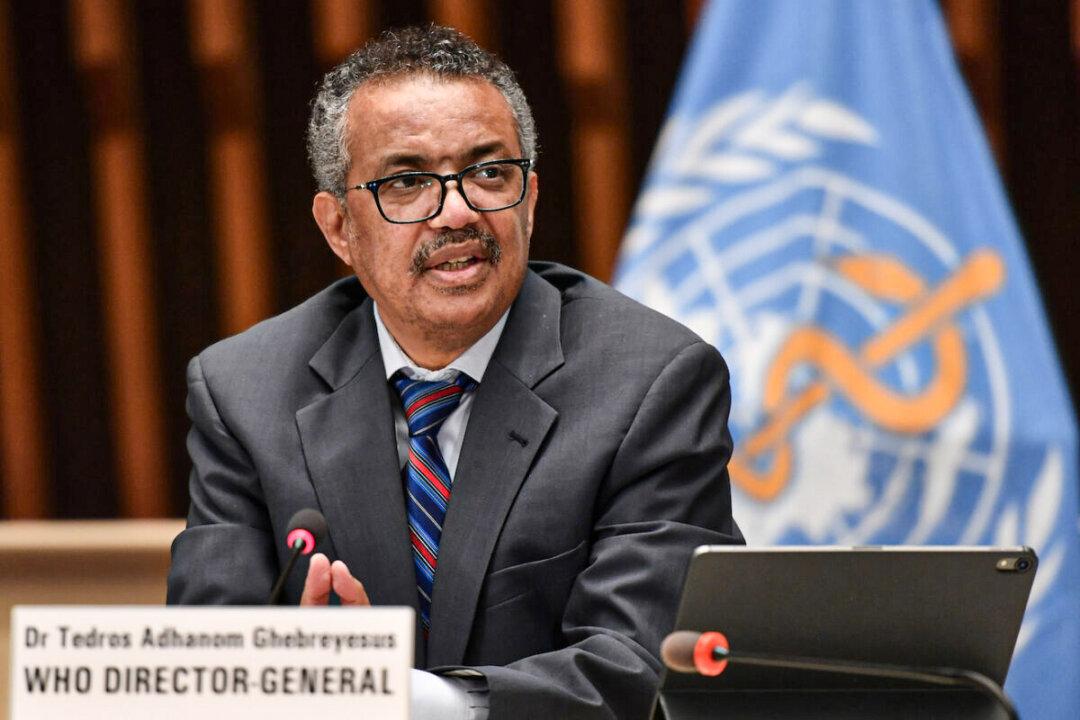The World Health Organization (WHO) has explained why it skipped the Greek letters “nu” and “xi” in naming the new COVID-19 variant Omicron.
“Two letters were skipped—Nu and Xi—because Nu is too easily confounded with ‘new’ and Xi was not used because it is a common surname and [the] WHO best practices for naming new diseases ... suggest avoiding ‘causing offence to any cultural, social, national, regional, professional, or ethnic groups,’” the United Nations agency told The Epoch Times in a statement on Nov. 27.




